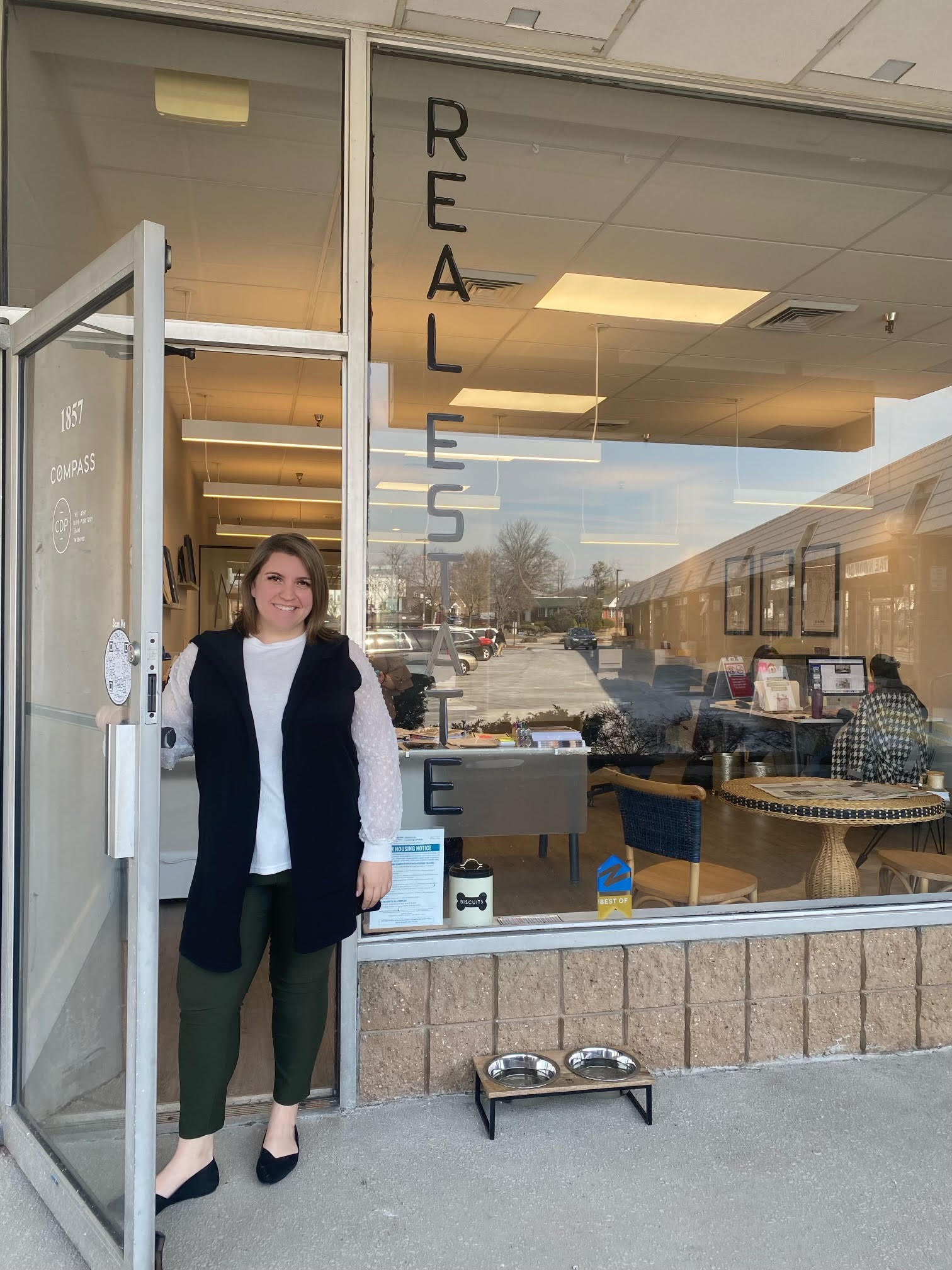
Buying a home is one of the most exciting milestones of your life. To prepare yourself for this moment, you need to know what to expect during the process. This step-by-step first time buyer’s guide created by your agent will help reduce the stress of buying a home and help you enjoy the journey as much as possible.

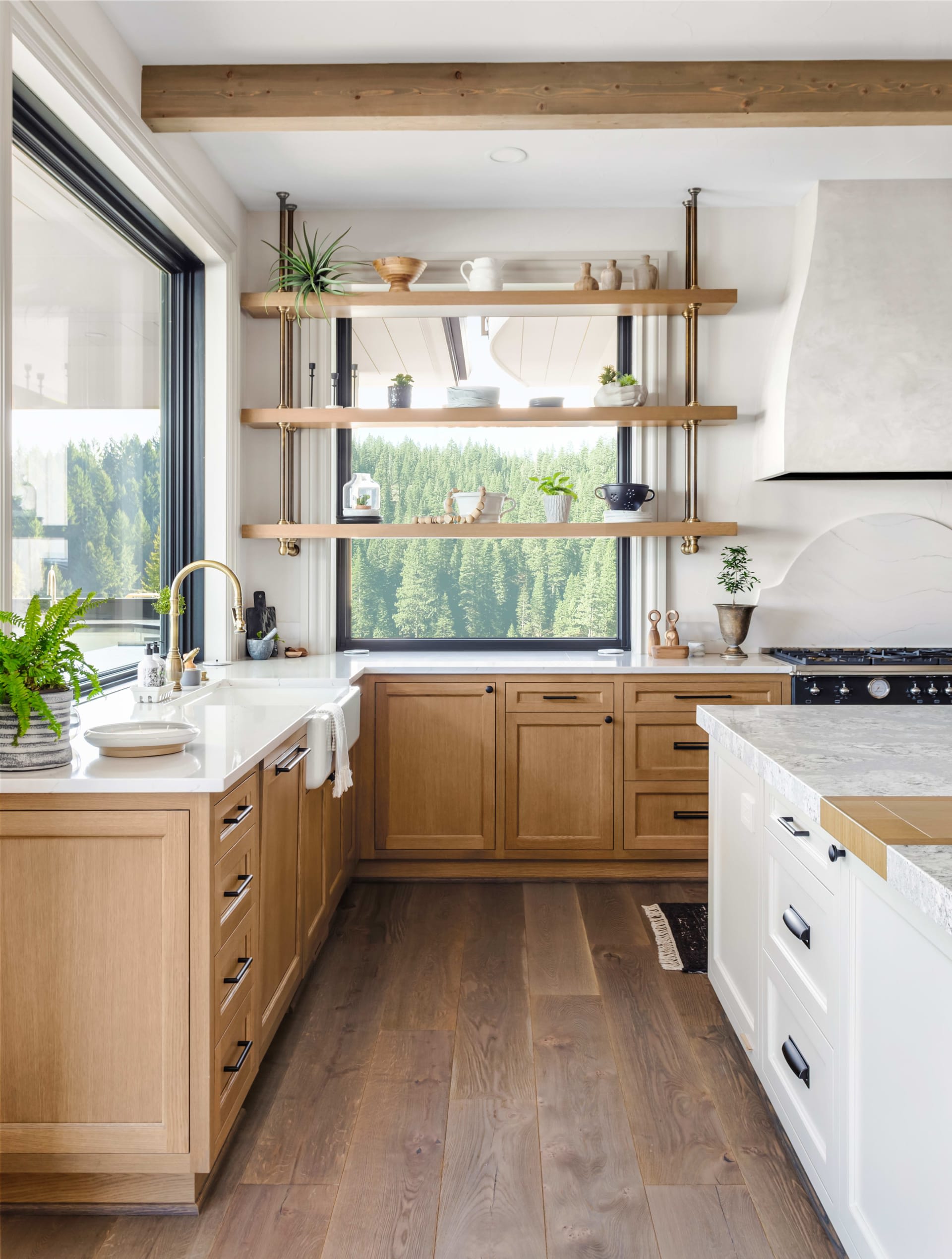
Our area has a lot of great agents to choose from. And that’s actually a good thing! But it can make it difficult and overwhelming to choose whom to work with to help you buy your first home. Here are a few things to look for in an agent:
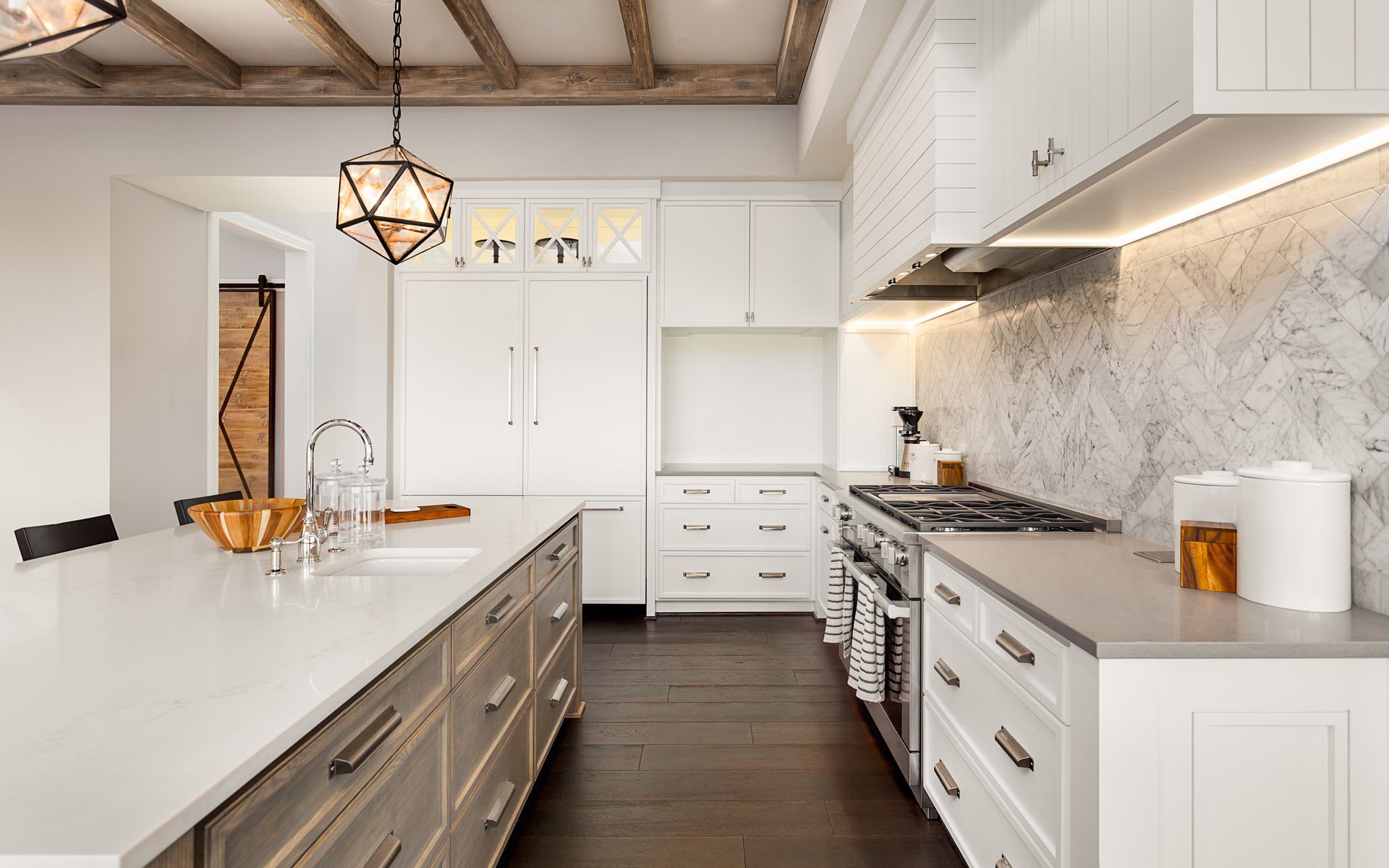
Like anything in life, it’s best to talk to a few different agents to make sure it’s the best fit for both of you. I’d be honored to be one of the agents you talk to when you are ready for this step. I can give you my answers to the questions above and we can see if we are the right fit for each other. If I'm not the best agent for you, I’ll be the first to tell you (so not to waste your time or mine) and I’d be happy to connect you with one of my colleagues who might be a better fit.

Before you go looking “out there” for a home, it’s best to start with some self-analysis. Remember, you’ll be living in this home every single day … and how you picture your life as a homeowner is so essential to finding a home that fits YOU and your lifestyle.
That’s why you need to first ask yourself (and your loved ones) some thought-provoking questions that dig a bit deeper than how many bedrooms you need.
I’d love to hear your answers to your questions. This is exactly what we discuss during our next step together—an initial consultation to talk about the buying process in more detail, talk through your answers to these very questions and see if you qualify for any first time home buyer programs.

NOT THE HIGHEST PRICE YOU’VE BEEN APPROVED TO BUY
Don’t focus solely on the purchase price or the highest price you can be approved for, but rather first start with your desired monthly payment. This monthly payment should factor in your taxes and insurance (but not utilities and general monthly maintenance).
This Mortgage Rule of Thumb may seem backward but it’s the one and only way to make sure you get the home you want for the price you want.

That’s why it’s important to ask yourself what you’re truly comfortable spending on your monthly mortgage payment. And -- this is even more important -- it’s okay if that amount is lower than what’s approved. In fact, that is how it should be! Most people get approved to buy a home at a price much higher than they want to spend.
Not sure how to come up with your desired monthly payment? This is something we can talk about and I can help you with what you should consider when making that decision. For example, you’ll want to include about 1% of the home’s purchase price per year for maintenance, tax savings you’ll get as a homeowner and your spending habits.

One of the biggest roadblocks for many buyers is the down payment. It especially stops many first time buyers from moving forward … but you don’t have to let that happen to you, especially if you think you need 10% or 20% down. You might not!
It’s definitely not “one-size-fits-all” these days! Every buyer’s financial situation is different and you may even qualify for a grant or other downpayment assistance program or get your PMI waived, making your first home more attainable.
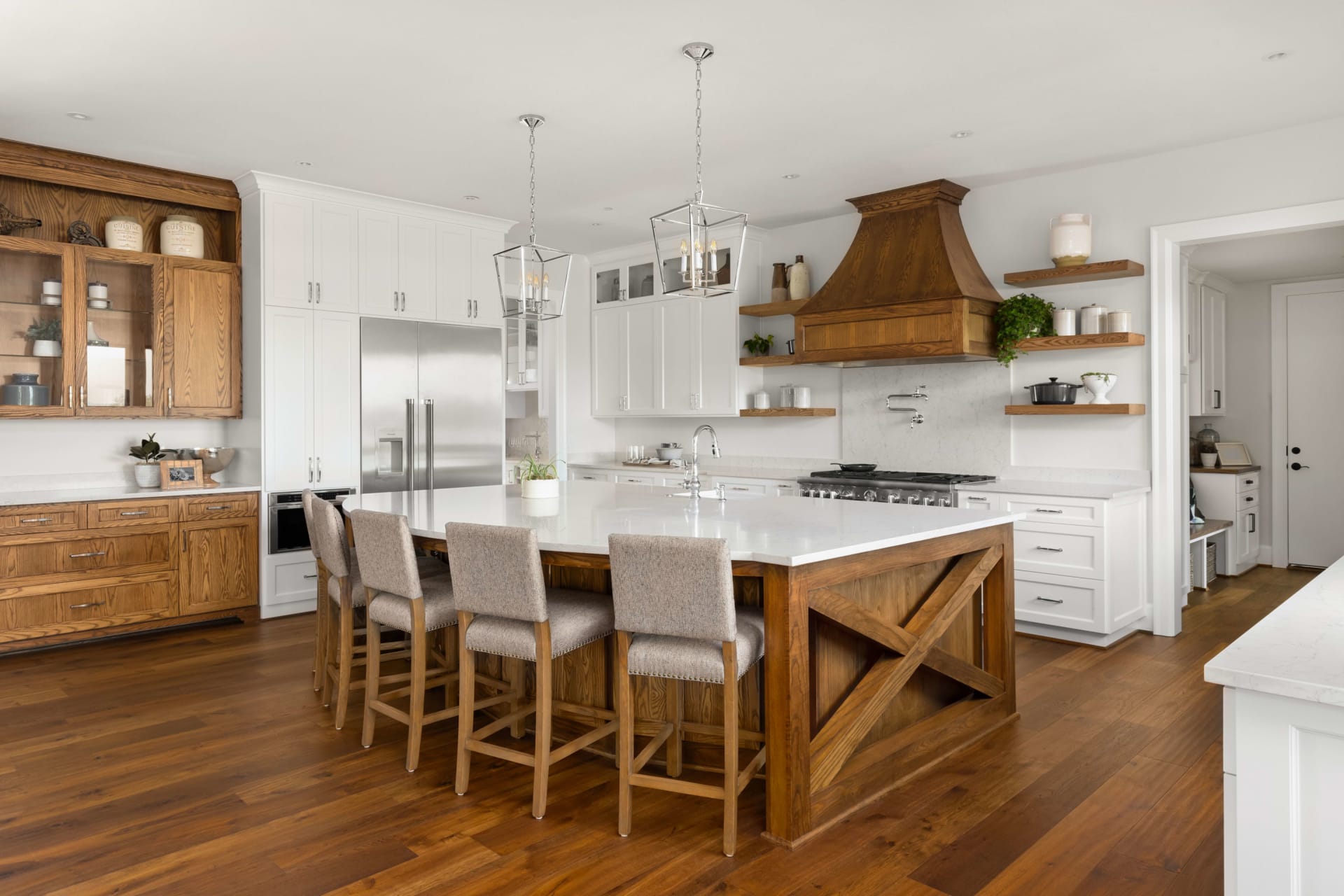
Plus, there are also some creative ways to get your downpayments such as creating a savings plan, using your tax return, and even borrowing from family or your retirement account.
If you want to be a homeowner, let’s explore the options. There are loans only available for first-time buyers that don’t require a big downpayment. Most buyers don’t need as much of a downpayment as they think! Let’s discuss your specific financial situation and what’s possible for you. This is the part at stops most buyers who can afford a home, simply because they don’t have all the information they need to make the right decision, but not you!
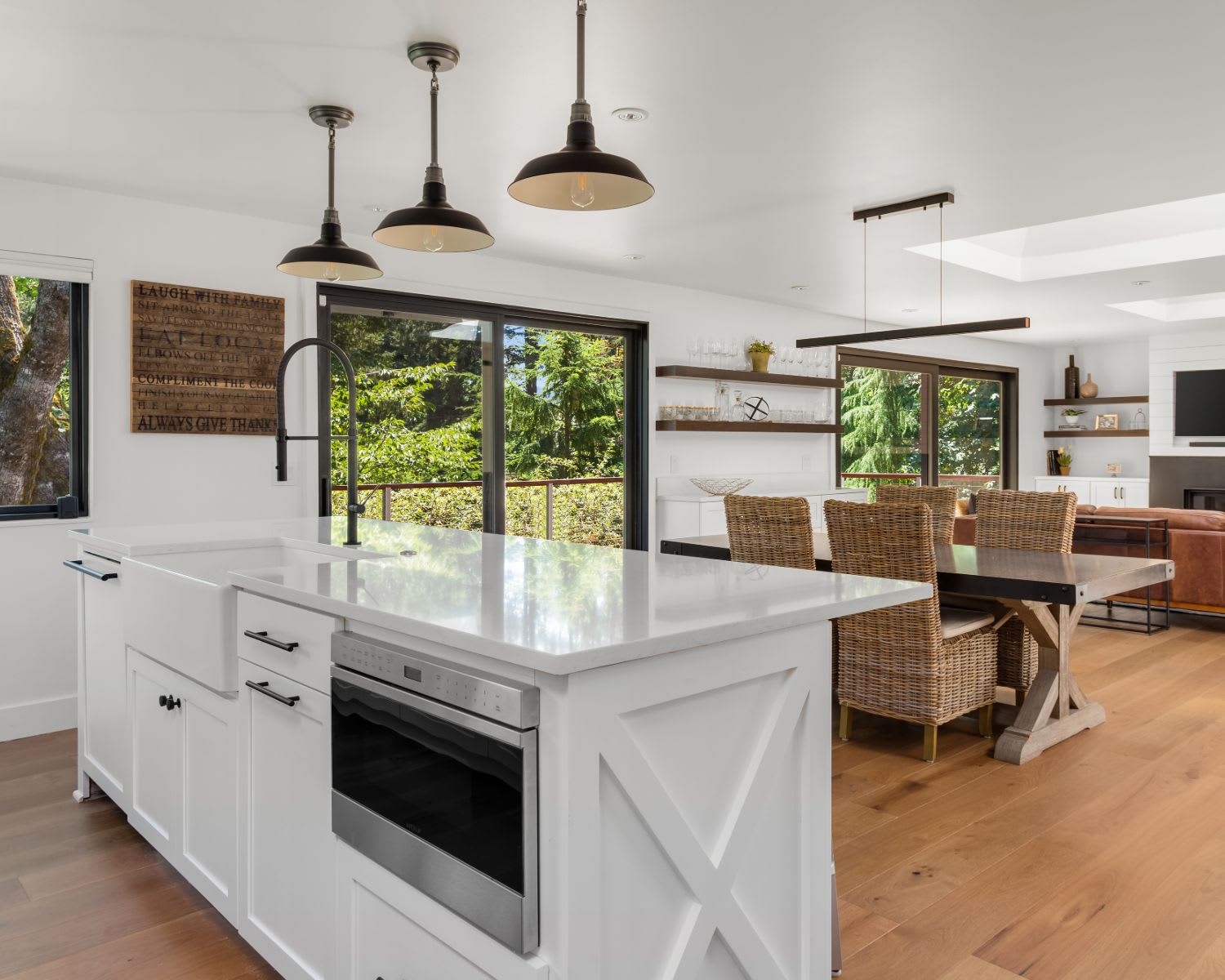
The lending process can be complicated and hard to follow for even the savviest buyers. It doesn’t help that loan options are constantly changing! There are a lot of loan options out there, but I can help you make sense of them all. Plus, I work with great lenders who have low rates and offer loan programs that are ONLY available to first-time buyers. I can suggest a few for you to talk to and compare the options. I can also review your loan options with you and help you make sense of what all the numbers mean.

Remember from step three above, you don’t want to get approved for the highest price you can, that’s not helpful. You want to get approved for and understand all the numbers at the monthly payment you want to pay per month. Huge difference.
If you want to know what loan program is best for you (there are even some that don’t required private mortgage insurance payments, even if you don’t have 20% down— Yessss!), let’s talk more at your convenience. Email me and I’ll take it from there.

(Here's how to make it less stressful)
When you first thought about buying a home, you probably thought about the house hunting part of it, right?
It sounds fun and exciting, almost like you’re starring in your own HGTV episode!
But when you’re right in the thick of viewing homes, it can be stressful and overwhelming. Lots of information to take in and so many decisions to make.
There’s no reason it has to be that way! I’ve developed some simple strategies that will streamline your search and make you “shop” productively.
For example, one strategy is called the “Three Buckets”.
Every factor you need to consider when house hunting fits into one of these three buckets—budget, location, and features. Each bucket doesn’t have to be equal in “weight” but the total weight combined of the three buckets must balance the scale they sit on. And, if you can’t find a home you want or you feel frustrated with the lack of options, all we have to do is adjust what’s in the bucket just a little at a time so they all still stay balanced.
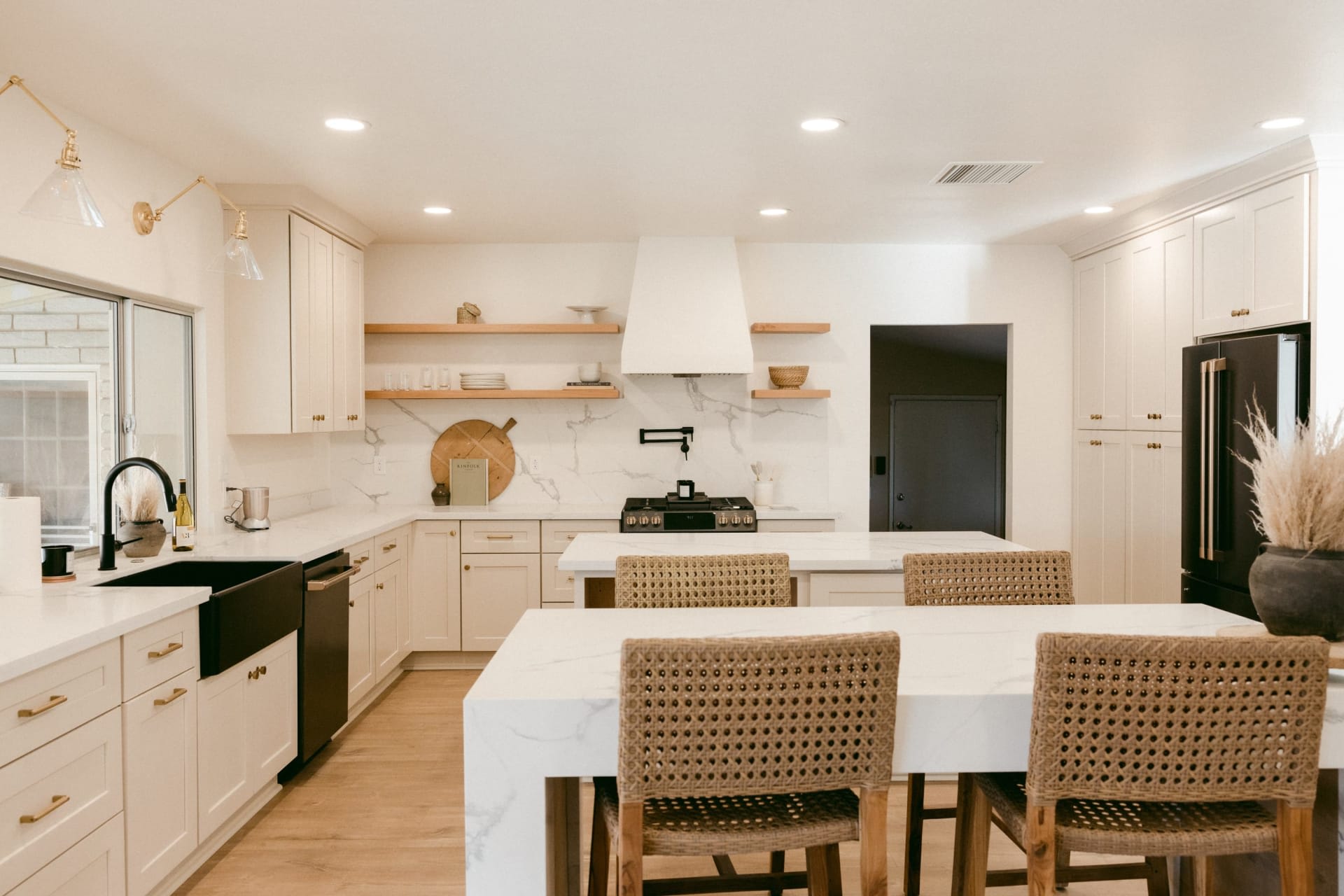
You’ve done it ... you found the home you want to buy! Now you’re ready to make an offer and tackle some of the next steps that will make you a homeowner.
First, it’s time to determine your offer price and the amount of your earnest money deposit to show you’re a serious buyer. You’ll need liquid funds for this deposit, so make sure you’re ready to write a check with your offer.

You also need to get prepared for some negotiation tactics. This is when we’ll find the perfect balance of getting the home you want AND for a price you’re happy with. DO NOT forget about your deal breakers and the maximum amount you’d be willing to offer for a home. (Remember, you have a “monthly” budget in mind!) Don’t let this step scare you! Negotiating for a home can seem overwhelming, but I have a very educational, step-by-step way of making sure you are knowledgeable, confident, and comfortable with every decision during this important milestone.

No home is perfect, even your dream home! Getting a professional home inspection is one very important step you need to take before you’re under contract.
It is important to get this scheduled immediately after an accepted offer as the seller can be presented with offers until contracts are signed, therefore until the sellers have signed contracts its not a done deal!
Once you have the results, you may ask for repairs, renegotiate the price, or even walk away from signing contracts if the inspection resulted in uncovering something that was a deal breaker. At no point is the seller obligated to make any such repairs to the property and most times its best to only ask for safety issues that come up in the report.
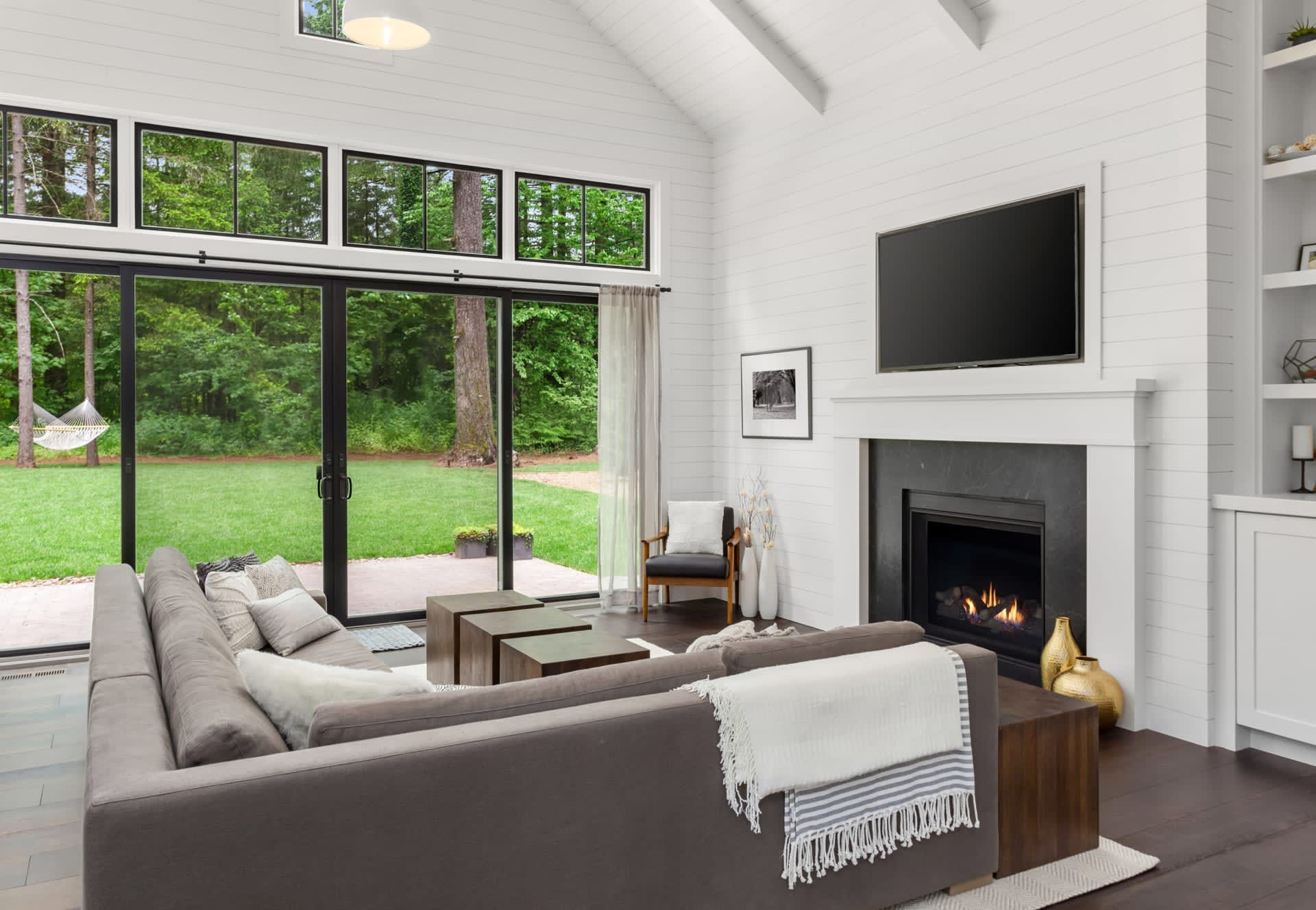
Once you’re under contract to buy a home, you want the final stages of the mortgage process to go smoothly and not sidetrack the purchase of your new home. You don’t want any surprises or setbacks!
Both locking in your mortgage and the bank’s appraisal of your home is very important at this point so that you can move forward with your financing.
During this phase, it feels like a lot is happening behind the scenes, but my job is to make it transparent to you. I’ll help you lock in your loan with your loan, help you pick the best interest rate option available to you. I’ll also explain why you need an appraisal at this point in the process, how to get one, what happens at the appraisal, and of, course, the results—what the bank says your home is worth!

If you are buying a condo, townhome, or a single-family home located in a homeowners association, you’ll have the opportunity to review the associate documents. This step happens AFTER you are under contract. Seems backward, but that’s how the process works. You’ll only have a few days to read sometimes hundreds of pages of documents about the rules, regulations, and financial situation of the association. Sometimes your attorney will get ahold of these documents to review right away.
Even though you’re buying a home when you purchase a home within an association, you are also buying into the unit, the “business” of the association, so it’s important for you to determine how stable and financially sound this “business venture” is before taking it on. In this stage, I provide you a checklist that covers everything you need to consider, including its reserve funds, operating budget, and even its rules and regulation, as well as what questions you may want to ask the association or property manager.

You’re almost a homeowner but have a few more details to handle before the big day. You’ll need to get homeowner’s insurance and call to have the utilities connected in your name. You’ll also need to get your check ready for settlement and schedule time to sign the settlement papers and make your new home officially yours! But, don’t worry, I’ve got a checklist for that too, so you won’t forget to do a thing.

You’ve finally made it! Today is the day you officially become a homeowner! On this monumental day, we’ll start out with the final walk-through so you can see the home again right before you take ownership and make sure all looks as it should—the sellers are out and any repairs are complete. Then we’ll head to the attorney office where you will sign paper after paper making you the new owner. You’ll also have to bring a certified check or wire the rest of your down payment and closings costs. Once you leave with your new keys in your hand, it’s time to celebrate! You did it! Congratulations!
After signing the final paperwork to complete the purchase, you are now the owner of a new house. It may take a few days for your loan to be funded once the paperwork has been returned to the lender, but once that check is delivered to the seller, you’ll be all set to move into the home of your dreams.
My desire to serve and connect my neighbors, colleagues, clients and local business owners benefit my clients for so many reasons. I am grateful to be able to infuse all of these valuable experiences and connections into the work I do for my clients. Let’s talk more about how I can step in as your helpful expert.